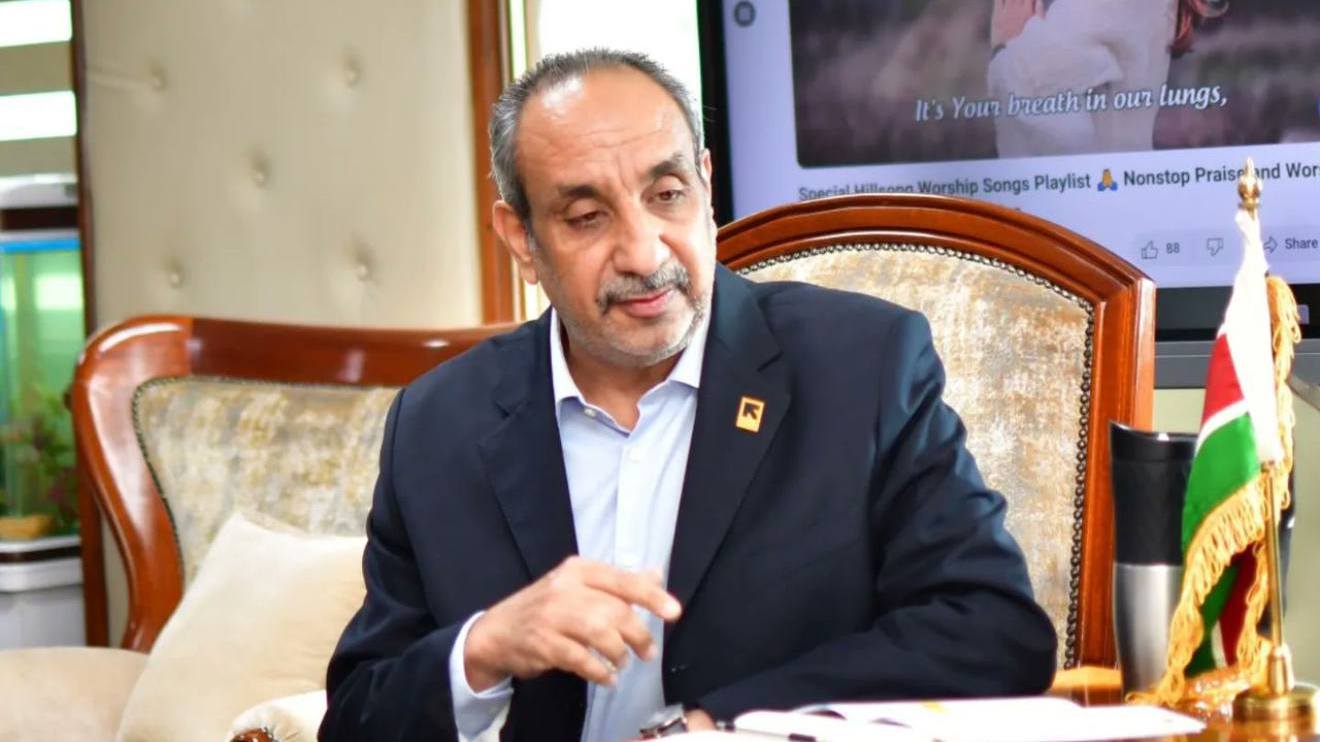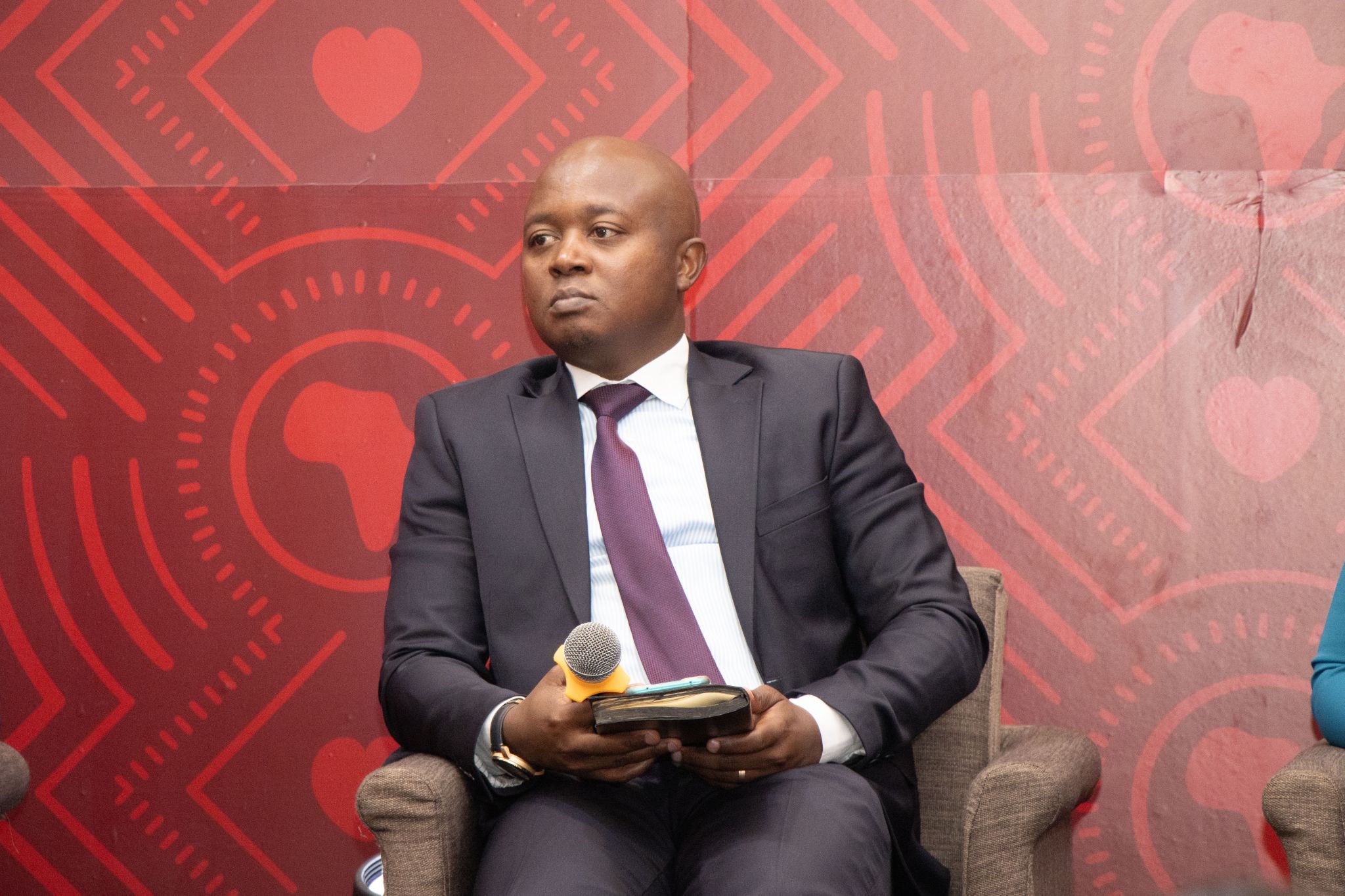By Mohamed Elmontsassir Hussein
The health and future of our children are at stake.
The International Rescue Committee (IRC)-led health service delivery operation in Kakuma refugee camp has depleted its buffer stocks for BCG, Oral Polio Vaccine, and Rotavirus.
Current vaccine stocks will last for just one month, leaving children unprotected. A similar crisis looms in Hagadera at Dadaab refugee camp, with only 60 doses of Oral Polio Vaccine remaining.
This shortage risks eroding the gains made in expanding immunization access and could lead to preventable disease outbreaks, causing lifelong disabilities or death among children.
Read More
Urgent Need for vaccination in Border points.
The previous outbreaks of vaccine-preventable diseases like polio and measles in border regions demonstrate an urgent need for action. Communities along Kenya's borders, especially those in Turkana and Garissa counties are at high risk due to their continuous cross-border movement and nomadic lifestyle.
In June 22, 2023, a suspected case of circulating vaccine-derived poliovirus type 2 (cVDPV2) was detected in Garissa County.
By August 31, 2023, eight cases were confirmed, all originating from the expansive Daadab refugee camp. Similarly, an ongoing measles outbreak in Turkana County has seen 1,444 cases, with 87 per cent of these in Turkana West Sub County, home to the Kakuma refugee camp.
IRC Kenya's Efforts in Immunization
In 2023, through the Kenya Expanded Programme on Immunization, IRC in collaboration with the County Ministries of Health in Turkana, Garissa Counties administered 146,097 vaccinations to 8,802 children drawn from both the refugee and host communities.
Polio Supplemental Immunization Activities (SIA) in Garissa and Lamu counties, reached 4,177 children through the Core Group Partners Project (CGPP) support to county health departments and directly vaccinated 85,479 children in Hagadera refugee camp with the Novel Oral Polio type II vaccine.
As Kenya grapples with a severe shortage of vaccines for Vaccine Preventable Childhood Diseases (VPDs), the IRC is deeply concerned about the grave implications for children in humanitarian and hard-to-reach areas.
This shortage, in the midst of cross-border movement, not only threatens the health of vulnerable children but also risks undoing significant health advances in the country.
Humanitarian Context and Risk Factors
The nomadic lifestyle and pastoral nature of the communities along the borders of Kenya in Turkana and Garissa Counties, is a major risk factor to frequent infectious disease outbreaks.
The cross-border health facilities most often lack human resources, equipment for cold chain management, and those that are equipped are underutilized since the population keeps moving in search of pastures.
The refugee population, on the other hand, is particularly susceptible and vulnerable to such outbreaks due to the continuous arrival of new refugees and asylum seekers from across the border.
Additionally, the severe congestion with suboptimal water and sanitation amenities in the camps easily propagates the spread and transmission of communicable diseases like polio and measles.
The probability of finding a child with zero dose immunization status is high in these populations.
For instance, among those line-listed in the measles outbreak in Turkana County, 24.1 per cent have zero dose status and 19.6 per cent have unknown immunization status.
Other risk factors predisposing these communities to infectious diseases are the porous borders which allow free movement of refugees in and out with almost no proper disease surveillance systems in place at points of entry, but more so, the many informal entry points, especially along the Somali border.
Poor cross-border coordination mechanisms between Kenya and her neighbours to strengthen active disease surveillance and routine immunization at points of entry cannot be over-emphasized.
Call to Action
Every child deserves protection from life threatening diseases. The ongoing shortage of vaccines puts the lives of children in hard-to-reach areas at risk and threatens an outbreak to the entire country.
The disruption of immunization services increases the vulnerability of children to vaccine-preventable diseases, making this shortage a humanitarian crisis.
The IRC joins the Council of Governors, the Health NGO Network (HENNET), and other health Civil Society Organizations in calling on the government to take urgent action to end this shortage.
Immediate and coordinated efforts are needed to safeguard the health and future of all children in Kenya, particularly those in remote and humanitarian settings.
Mohamed Elmontsassir Hussein, is the Country Director of the IRC Kenya





-1753808187.jpeg)



 shares a light moment with the company's Group CEO Dr Patrick Tumbo (right) at a past event-1758121528.jpeg)
-1758116028.jpeg)

